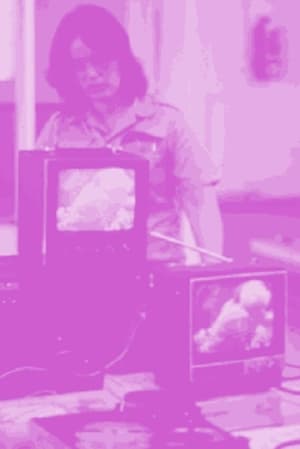
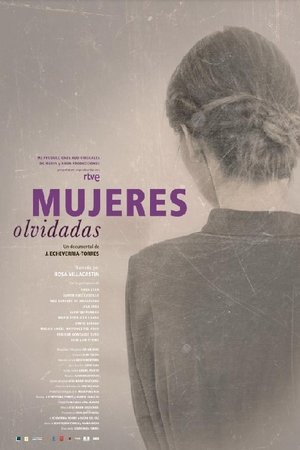
Mujeres olvidadas(2023)
Movie: Mujeres olvidadas
Top 10 Billed Cast
Narradora (voice)
Self
Self
Self
Self
Self
Self
Self
Self
Self

Mujeres olvidadas
HomePage
Overview
Release Date
2023-06-09
Average
2
Rating:
1.0 startsTagline
Genres
Languages:
EspañolKeywords
Similar Movies
The Fearless and Vulnerable(ko)
In 2016, after the hate-fuelled murder of a woman in Gangnam, young feminists gathered to talk about their experiences, which led to the ‘tsunami’ of the feminist movement reawakening in Korean society. This tsunami included street protests against misogynistic hate crimes, political campaigning in the upcoming presidential elections, protests against sexism and sexual violence in everyday life, and the ‘black’ protests calling for the abolition of the anti-abortion law. The Fearless And Vulnerable focuses on the activities and members of the Feminist Party (known in Korean as “Femidangdang”), a feminist group that was part of this tsunami wave. The pleasure and sincerity with which they conduct their activities are compounded with their courage in the face of conflict, and the sense of fear that permeates the community. The film shows Femidangdang meetings as well as the daily lives and thoughts of members during their activities post-2016.
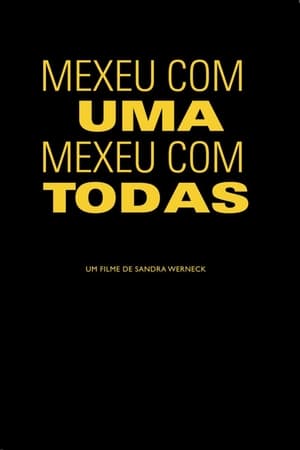 10.0
10.0Mexeu com uma, mexeu com todas(pt)
“Touch one, touch us all” is a slogan of the women who took over the streets in Brazil and organized themselves in social networks to face male chauvinist and conservatism. Through testimonies of women who have been subjected to violence, the documentary reveals that, despite legal achievements, the woman still remains vulnerable. Amongst other deponents are Maria da Penha, Joanna Maranhão, Luíza Brunet, and Clara Averbuck.
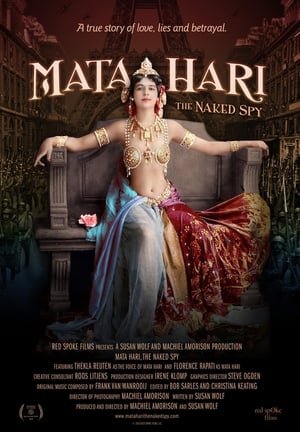 6.0
6.0Mata Hari: The Naked Spy(en)
100 years ago Mata Hari faced the firing squad as a convicted Dutch spy. It was at this moment that the legend of Mata Hari, the seductive spy, was born. Newly-discovered documents cast doubt on her guilt and reveal startling truths about her life. Mata Hari was a self-made woman whose boldness and sexuality threatened the male establishment. Most of what we've known about her until now has largely been myth. Mata Hari's challenges as an abused wife, single mother and a creative independent woman are familiar to women around the world. At the turn of the century, her struggles to attain sexual freedom, artistic expression, and liberation from the constraints of conventional society are the same ones women face today. She graced the cover of Vogue, performed all over Europe and left a coterie of smitten admirers in her wake.
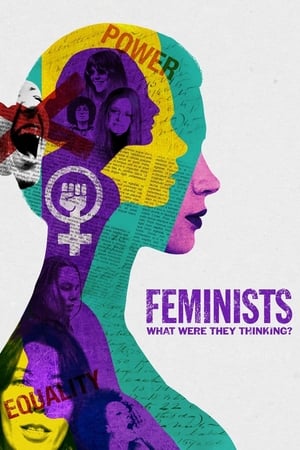 7.7
7.7Feminists: What Were They Thinking?(en)
In 1977, a book of photographs captured an awakening - women shedding the cultural restrictions of their childhoods and embracing their full humanity. This documentary revisits those photos, those women and those times and takes aim at our culture today that alarmingly shows the need for continued change.
 0.0
0.0Lyne Lapointe – L'art et la matière(fr)
Everything about the Quebec visual artist Lyne Lapointe reflects the grip of art on her life. Lesbian and feminist, she tirelessly highlights in her work the challenging position of women in society and in the art world. This concern is the common thread in the story of her life and projects. Despite a serious accident that ended her first series, revolutionary urban creations that earned her international reputation, she reinvents her approach with the tenacity that characterizes her, ultimately becoming the subject of significant exhibitions in Quebec, Canada, and abroad.
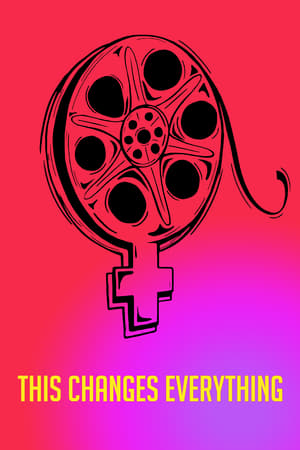 6.2
6.2This Changes Everything(en)
An investigative look and analysis of gender disparity in Hollywood, featuring accounts from well-known actors, executives and artists in the Industry.
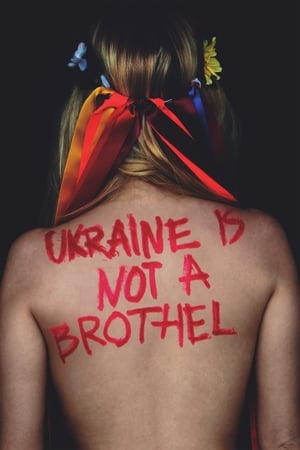 5.8
5.8Ukraine Is Not a Brothel(en)
Ukraine's topless feminist sensation Femen has created a media frenzy across Europe, but before they take the world by storm, these bold and beautiful women must confront the dark and perverse forces that power their organisation.
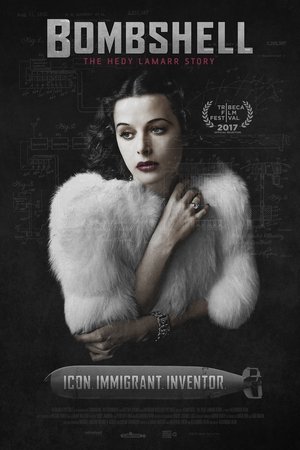 6.9
6.9Bombshell: The Hedy Lamarr Story(en)
The life and career of the hailed Hollywood movie star and underappreciated genius inventor, Hedy Lamarr.
 0.0
0.0A Film for Discussion(en)
A docu-drama shot in 1970, but not completed until 1973, the film sought to encapsulate in an experimental form issues that were under discussion within the Women’s Liberation Movement at this time and to thus contribute to action for change. In its numerous community screenings, active debate was encouraged as part of the viewing experience.
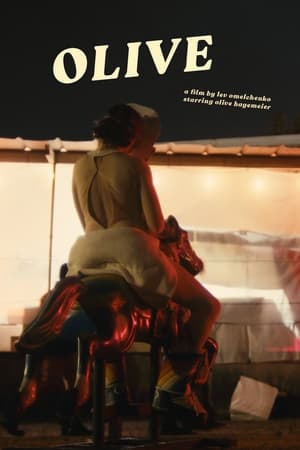 0.0
0.0Olive(en)
“Olive” is a short documentary that follows Olive Hagemeier, an energetic woman, on her daily routine of salvaging, repackaging and redistributing food, and occasional other types of “waste”, across Atlanta, GA. Presented in a quiet observational style, this film is both a character study of a committed and enigmatic volunteer, as well as an ethnographic work that places the audience in the heart of a decentralized, volunteer-run mutual aid network in a “post-COVID” American city.
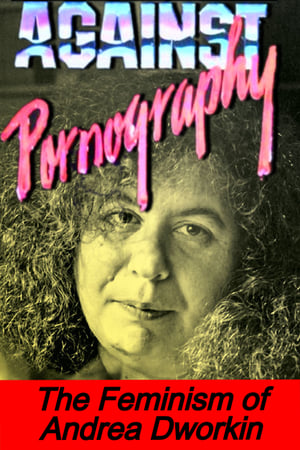 10.0
10.0Pornography: Andrea Dworkin(en)
Radical feminist Andrea Dworkin's expose on the pornography industry.
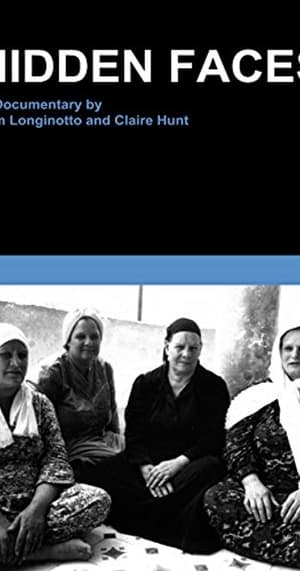 0.0
0.0Hidden Faces(en)
The film was originally conceived as a portrait of Dr. Nawal El Saadawi, the well-known Egyptian doctor, writer, and women’s rights activist. But the director was disappointed by the encounter with the woman who had been her great role model. Instead, she set out to discover what life means to Egyptian women by visiting her female relatives. Her mother, aunts, and neighbors talk about life as a married woman, about the traditional clitoridectomy of girls, about love and sexuality. The result is a very impressive and extremely personal film.
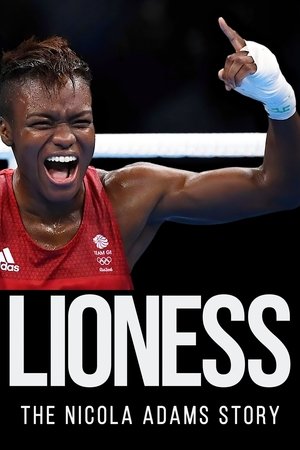 6.2
6.2Lioness: The Nicola Adams Story(en)
The extraordinary rise of Olympic boxing champion, record-breaker, feminist and LGBT icon Nicola Adams. From the streets of Leeds to the world stage, Adams fought her way to the top and changed the game. This, is her story.
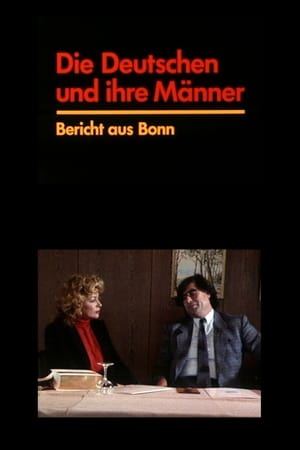 0.0
0.0The Germans and Their Men(de)
A documentary with fictious elements. Ms. Elisabeth (Lieschen) Müller from Austria comes to Bonn, Germany to find herself a man. During the search she investigates the connections between neckties, political power and prostitution, and tries to look for the influence the german feminist movement had on the men in Germany's capital.
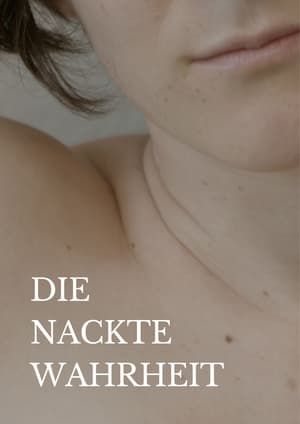 0.0
0.0The Naked Truth(de)
A painter, a naked woman, and a camera. In this triple constellation we explore the power of the gaze and the roles it imposes on us. An artist's studio turns into the setting for questions about how we look at and perceive women. The naked skin of the model becomes the canvas for an audiovisual exploration of the ways in which seeing and being seen anchors us in our body. And how this body shapes our experience of the world and our role in it.
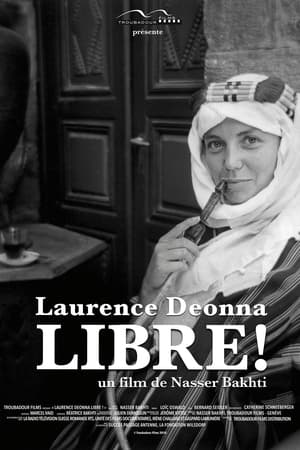 7.0
7.0Laurence Deonna Free(fr)
For nearly 50 years, reporter, writer and photographer Laurence Deonna risked her life to capture the noise and anger of our times.
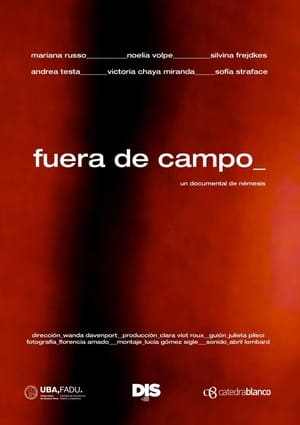 10.0
10.0out of frame(es)
Six professionals in the audiovisual field share their experiences through a visual and sound sensory journey
Parole de King!(fr)
Drag Queens and their cabaret shows are well-known in France, but Drag Kings still remain very much on the sidelines. Chriss Lag traveled all over France and met 22 Kings to bring them front and center.
Maya Deren, Take Zero(en)
This documentary interweaves celluloid and voice recordings by Maya Deren, and colleagues who knew her firsthand: Jean Rouch, Jonas Mekas, Alexander Hammid, Cecile Starr etc. Maya Deren (1917-1961) was an experimental filmmaker. In the 1940s and 1950s she made several influential avant-garde films, such as Meshes of the Afternoon (1943). Images from this and her other work are used in this documentary. You can also hear her voice, as well as accounts by contemporaries such as Jean Rouch and Jonas Mekas.
